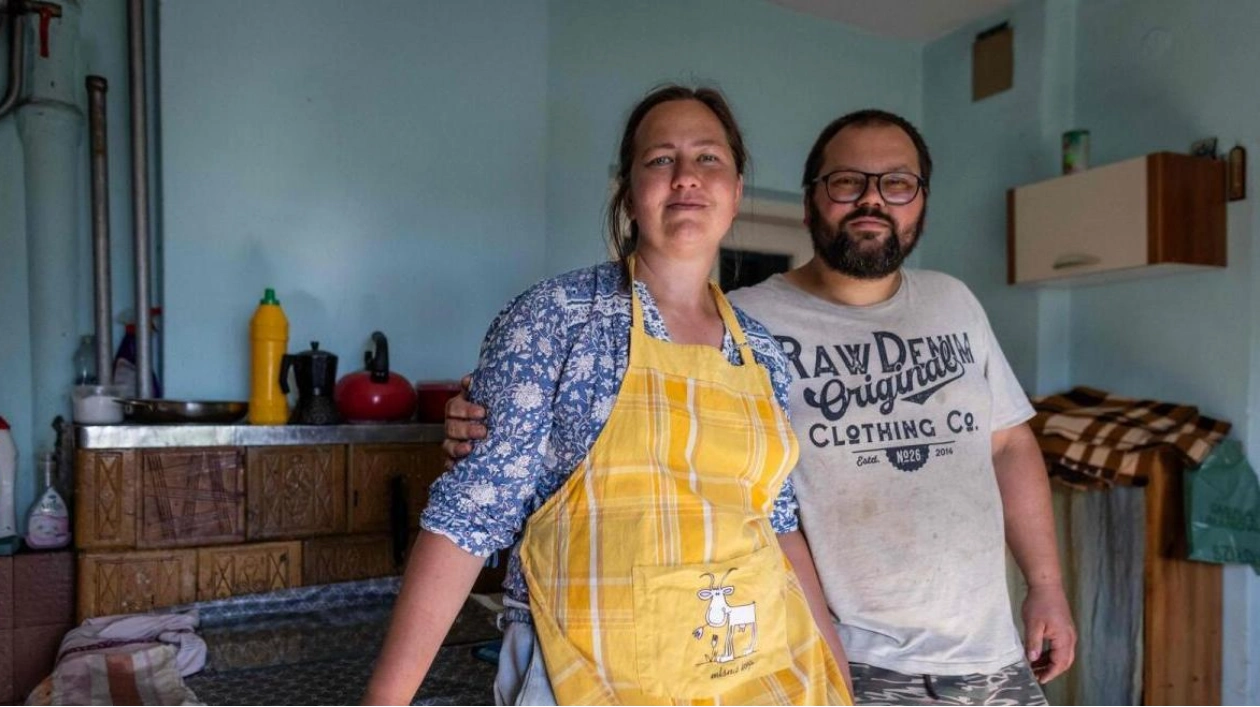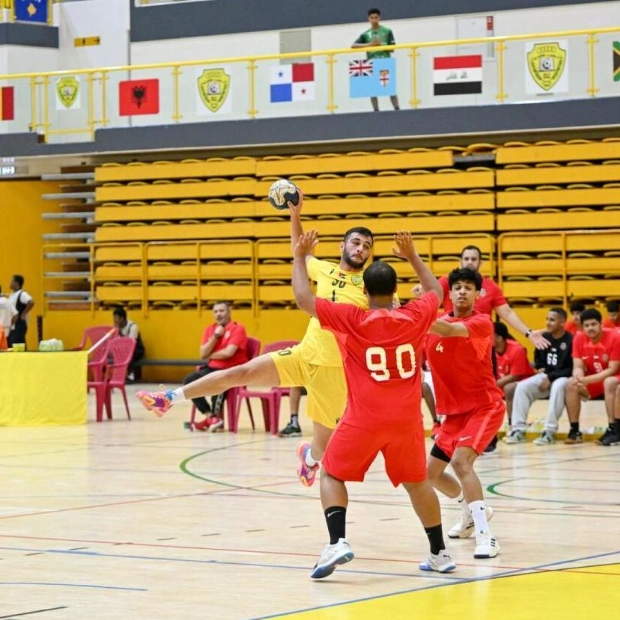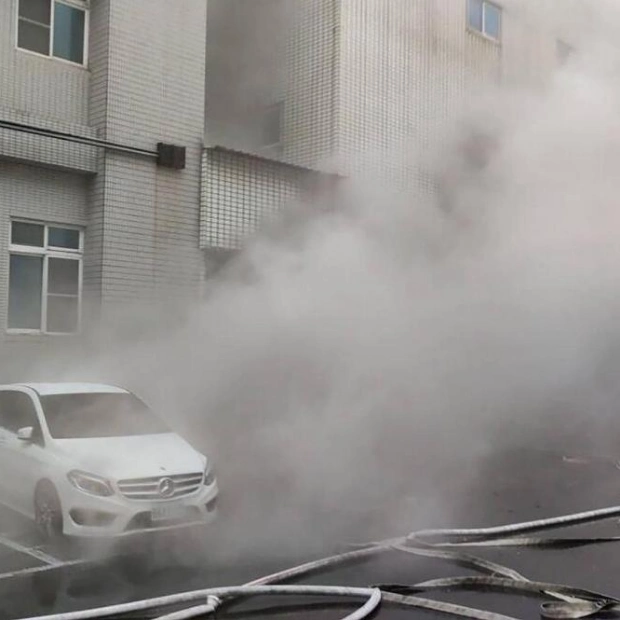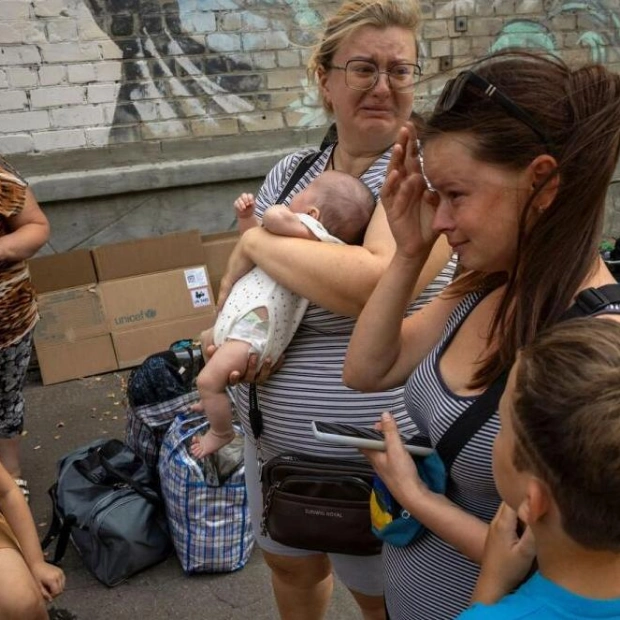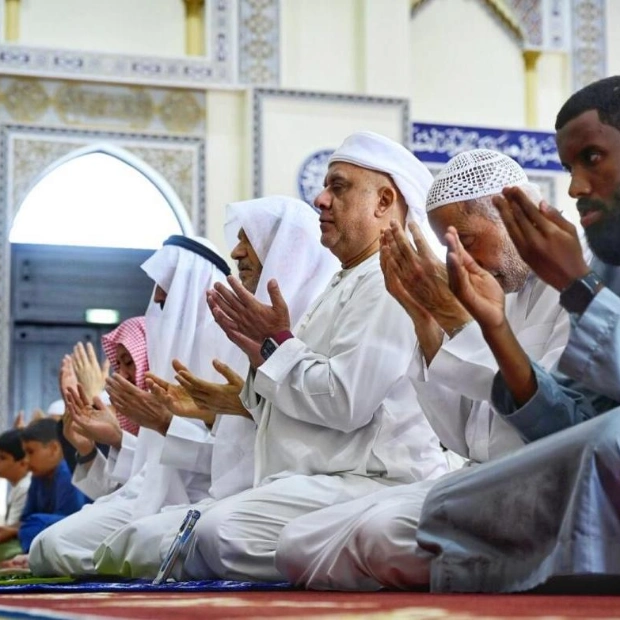With a smile surrounded by steam from a pot of simmering milk on the stove, Yulia Bachurinskaya recalls the moment she fell "deeply in love" with cheese. The Belarusian cheesemaker traces her passion back to childhood trips to Italy in the mid-1990s, organized by a non-profit aiding children affected by the 1986 Chernobyl disaster. "The farmers made ricotta the traditional way," she recounts, inspiring her to learn Italian and the craft of cheese making. In France's Auvergne region, known for cheeses like Saint-Nectaire and Cantal, she discovered the "essential cheese plate after each meal."
These experiences, along with her husband, set Bachurinskaya on a lifelong cheese-making journey, despite fleeing political repression in Belarus for Poland. "We can't visit our parents or return," says the 40-year-old from Gomel. "But we must focus on moving forward." Bachurinskaya and her husband, Alexei Kuchko, 42, often communicate with other exiles in their native Belarusian, not the Russian favored by their home government. Hundreds of thousands have fled Belarus in recent years due to a crackdown on protests following a disputed 2020 election.
The couple arrived in Poland in late 2021 and settled on a farm in Balazowka, Carpathian Mountains, with 37 sheep and five goats. They started making cheese after leaving their office jobs in Minsk—Bachurinskaya as an Italian translator and Kuchko in marketing—and moving to northern Belarus in 2015. They specialize in farm-to-table artisanal cheese in a country where agriculture is still largely collectivist and state-owned. Despite President Lukashenko's claims of creating a farmer's paradise, the reality was starkly different.
"Imagine trying to buy French sheep in Belarus... If you're not connected to Lukashenko, you won't get permission," Kuchko explains. Five years after their departure, Belarus faced turmoil as Lukashenko claimed an 80% victory in the election, prompting widespread protests. Under pressure, Lukashenko sought Russian support and cracked down harshly on dissent. Opposition figures were detained and allegedly tortured, leading over 300,000 people to flee, according to the UN.
Bachurinskaya and Kuchko feared arrest for supporting imprisoned opposition leader Viktor Babaryko and decided to leave in late 2021. They managed to bring their horses by disguising them as racehorses but left most of their livestock behind. In Poland, they slowly rebuilt their lives, acquiring new sheep and goats. In their kitchen, they craft about 10 types of cheese by hand, including a blend of goat cheese and brie, sold in Krakow or via their Instagram, Krapacheese.
Despite the hardships, the couple remains thankful for their achievements and the cheese they share globally. "We have little time to be sad," Bachurinskaya reflects. "And I'm grateful for that."
